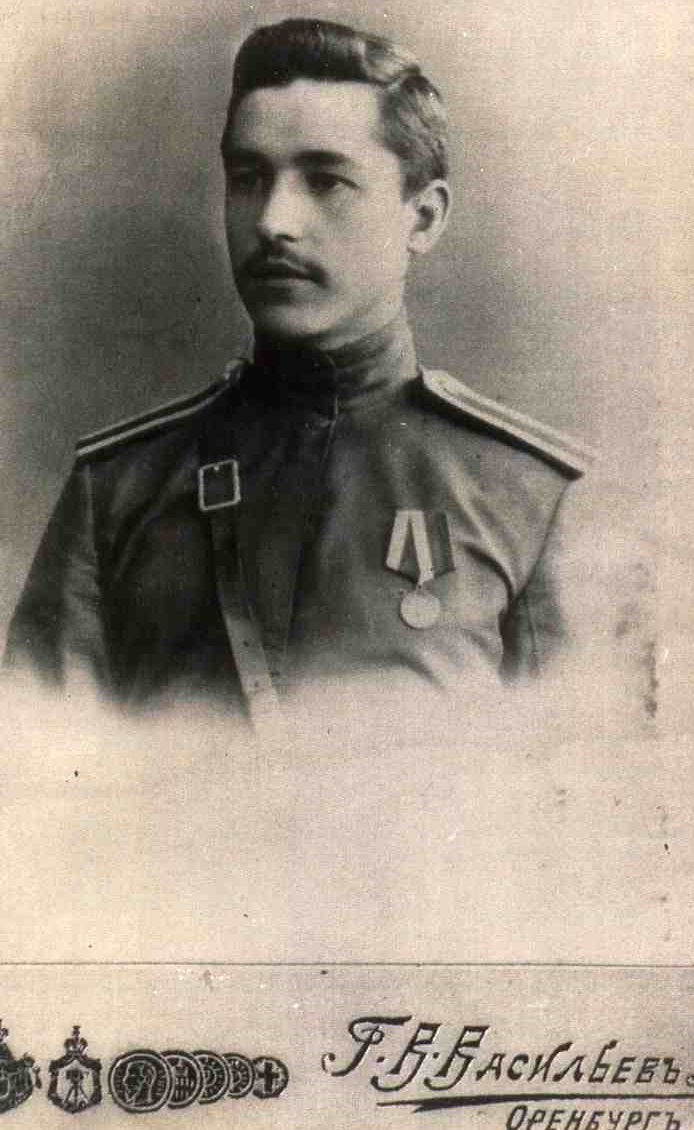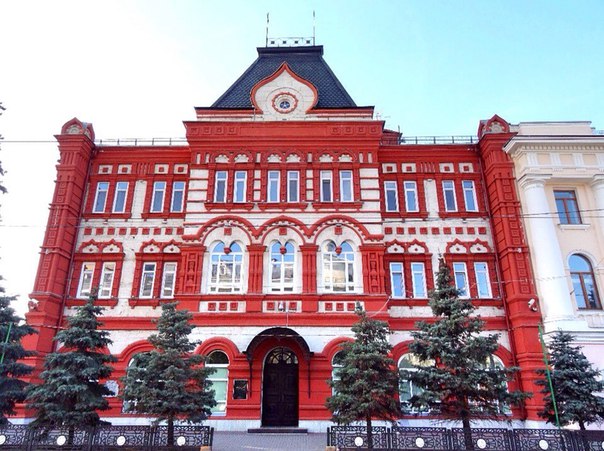|
Dāvids Sīmansons
Dāvids Sīmansons (April 4, 1859 - January 13, 1933) was the first commander-in-chief of the Latvian National Armed Forces, Latvian Army. He was also a general of the Latvian Land Forces, Latvian Army, major general of the Imperial Russian Army and the Former Ministry of Defence (Latvia), Minister of War of Latvia. He was a recipient of the Commander of the Order of Lāčplēsis. Biography Sīmansons was born in Valmiera Parish, in a family of agricultural workers. He graduated from Limbaži district school.Senior officers of the Latvian Army (1918-1940) '' Biographical Dictionary '', Riga: LVVA, Publishing House "Nordisk" In 1880, he began his military service by voluntarily joining the Imperial Russian Army on the 115th Vyazma Infantry Regiment. During his service, he was sent to a Junker (Russia), Junker school, after graduation of which he obtained the rank of an officer. After training, he returned to the Vyazma Infantry Regiment. In 1894 he graduated from the General Staf ... [...More Info...] [...Related Items...] OR: [Wikipedia] [Google] [Baidu] |
Junker (Russia)
Junker (russian: юнкер (''yunker''), has several meanings in Imperial Russia. The Russian substantive ''Yunker'' is derived from the German noun ''Junker'', where it means "young lord". *Yunker (ru: юнкер) was the rank for a volunteer at military service (ru: вольноопределяющийся, ''volnoopredelyayushchiycya'', de: One-year volunteer) in the Imperial Russian Army in 19th and 20th centuries. **Fanen-yunker/yunker (ru: фанен-юнкер/юнкер) was a military rank for junior officers of dvoryan descent since 1902. *Kamer-yunker (ru: камер-юнкер; cf. German ''Kammerjunker'') was a courtier title defined in the Table of Ranks, generally equating to ''valet de chambre'' or Groom of the Chamber. *Yunker was a term for students of any military or junker school in between 1864 and 1917. Junker schools Junker schools in Russia were introduced in 1864. They were usually located next to district headquarters in a given region. Junker sc ... [...More Info...] [...Related Items...] OR: [Wikipedia] [Google] [Baidu] |
Jānis Balodis
Jānis Balodis (20 February 1881 – 8 August 1965) was an army general, Commander-in-Chief of the Armed Forces of Latvia (1919–1921), Minister of War (1931–1940) and politician who was one of the principal figures during the Latvian War of Independence and the dictatorship of Kārlis Ulmanis, when he officially was the number two of the regime as the Minister of War, Deputy Prime Minister and Vice President. Jānis Balodis father was historian and teacher Voldemārs Balodis. In 1898 he joined the Imperial Russian Army and served in Kaunas. From 1900 until 1902 he studied at the Vilnius War School. From November 1904 until July 1905 he participated in the Russo–Japanese War and was seriously wounded in the arm. From 1906 until 1914 Balodis served in Vilnius. At the beginning of World War I he was lightly wounded during the battles in East Prussia, for which he received a number of decorations. On 20 February 1915, while recuperating in hospital, he was captured by the Ge ... [...More Info...] [...Related Items...] OR: [Wikipedia] [Google] [Baidu] |
West Russian Volunteer Army
The West Russian Volunteer Army or Bermontians was a pro-German military formation in Latvia and Lithuania during the Russian Civil War in 1918–20. History The Western Russian Volunteer Army, unlike the pro- Entente Volunteer Army, was supported and in fact created by Germany. The Compiègne Armistice, article 12, stipulated that troops of the former German Empire were to remain in the Baltic provinces of the former Russian Empire to help fight Bolshevik advances and were to withdraw once the Allies determined the situation was under control. The order to withdraw was given after the Treaty of Versailles was signed in June 1919. However, only a small portion of the Freikorps in the Baltic retired; the rest stayed under the leadership of General Rüdiger von der Goltz. To avoid casting blame on Germany and infuriating the Allies, he withdrew into the background and merged his troops with the "Special Russian Corps", led by Cossack General Pavel Bermondt-Avalov. The two gener ... [...More Info...] [...Related Items...] OR: [Wikipedia] [Google] [Baidu] |
Jugla, Riga
Jugla is a neighbourhood of Riga, the capital of Latvia. It is located in the Vidzeme Suburb, west of the Lake Jugla and southeast of the Lake Ķīšezers. Jugla is bordered by Čiekurkalns, Mežciems and Teika to the west, Dreiliņi to the southwest, Brekši to the southeast and Bukulti Bukulti is a neighbourhood of Riga, the capital of Latvia, located in the northeastern part of the Vidzeme Suburb. Demographics As of 2013, a survey was taken with residents of the neighbourhood and 62% said they enjoyed their life in Bukul ... to the east. Jugla is the location of Strazdumuiža Manor, first mentioned in 1528. References Neighbourhoods in Riga {{Riga-stub ... [...More Info...] [...Related Items...] OR: [Wikipedia] [Google] [Baidu] |
Jorģis Zemitāns
Jorģis Zemitāns (23 February 1873, Skrīveri parish – 16 January 1928, Riga) was an army officer and commander of the Latvian Northern Brigade during the Latvian War of Independence. Biography Jorģis Zemitāns was born on 23 February 1873 in Skrīveri parish, Livonia Governorate. In 1892 he graduated Realschule in Mitau (Jelgava) and joined the army of the Russian Empire in 1892 and completed his military education at the Vilnius Military Academy in 1897. He became an officer in 116th. Malojaroslavec infantry regiment which was stationed in Riga. World War I When World War I started in 1914 he was promoted to Captain (armed forces), captain and together with the whole regiment deployed to the front. Together with 20th Army Corps (Russian Empire), XX Army corps he fought in East Prussia. In January 1915, the entire XX Army corps was destroyed in the Augustów forest's and Zemitāns was taken Prisoner of War in February 1915. He spent the remainder of the war in the Germa ... [...More Info...] [...Related Items...] OR: [Wikipedia] [Google] [Baidu] |
Pavel Bermondt-Avalov
Pavel Rafailovich Bermondt-Avalov (russian: Павел Рафаилович Бермондт-Авалов) or Pavel Avalishvili ( – 27 December 1973) was an Ussuri Cossack and warlord. He is best known as the commander of the West Russian Volunteer Army which was active in present-day Latvia and Lithuania in the aftermath of World War I. Biography Early life Bermondt-Avalov was born at Tbilisi in modern Georgia. He adopted his second surname Avalov (Avalishvili) after his adoptive father, Georgian prince Mikhail Avalishvili. He received a musical education joining the Ussuri Cossacks in 1906 after serving as a musical conductor in the Transbaikal Cossacks. He joined a regiment of Lancers in 1909 and was promoted to captain in 1914. Civil War He was appointed to lead the German-established Western Russian army (subsequently frequently known after his name as "the Bermontians"), which was meant to go to fight the Bolsheviks (Communists) in the Russian Civil War; however, believ ... [...More Info...] [...Related Items...] OR: [Wikipedia] [Google] [Baidu] |
Oryol
Oryol ( rus, Орёл, p=ɐˈrʲɵl, lit. ''eagle''), also transliterated as Orel or Oriol, is a city and the administrative center of Oryol Oblast situated on the Oka River, approximately south-southwest of Moscow. It is part of the Central Federal District, as well as the Central Economic Region. History Kievan Rus While there are no historical records, archaeological evidence shows that a fortress settlement existed between the Oka River and Orlik Rivers as early as the 12th century, when the land was a part of the Principality of Chernigov. The name of the fortress is unknown; it may not have been called Oryol at the time. In the 13th century, the fortress became a part of the Zvenigorod district of the Karachev Principality. In the early 15th century, the territory was conquered by the Grand Duchy of Lithuania. The city was soon abandoned by its population after being sacked either by Lithuanians or the Golden Horde. The territory became a part of the Tsardom of Rus ... [...More Info...] [...Related Items...] OR: [Wikipedia] [Google] [Baidu] |
Vitebsk
Vitebsk or Viciebsk (russian: Витебск, ; be, Ві́цебск, ; , ''Vitebsk'', lt, Vitebskas, pl, Witebsk), is a city in Belarus. The capital of the Vitebsk Region, it has 366,299 inhabitants, making it the country's fourth-largest city. It is served by Vitebsk Vostochny Airport and Vitebsk Air Base. History Before 1945 Vitebsk developed from a river harbor where the Vićba River (Віцьба, from which it derives its name) flows into the larger Daugava River, Western Dvina, which is spanned in the city by the Kirov Bridge. Archaeological research indicates that Baltic tribes had settlements at the mouth of Vitba. In the 9th century, Slavic settlements of the tribal union of the Krivichs replaced them. According to the ''Chronicle of Michael Brigandine'' (1760), Princess Olga of Kiev founded Vitebsk (also recorded as Dbesk, Vidbesk, Videbsk, Vitepesk, or Vicibesk) in 974. Other versions give 947 or 914. Academician Boris Rybakov and historian Leonid Alekseyev ha ... [...More Info...] [...Related Items...] OR: [Wikipedia] [Google] [Baidu] |
17th Infantry Division (Russian Empire)
The 17th Infantry Division (russian: 17-я пехотная дивизия, ''17-ya Pekhotnaya Diviziya'') was an infantry formation of the Russian Imperial Army. Organization *1st Brigade **65th Infantry Regiment **66th Infantry Regiment *2nd Brigade **67th Infantry Regiment **68th Infantry Regiment *17th Artillery Brigade Commanders *March 1915-April 1917: Pyotr Telezhnikov Pyotr Dmitryvich Telezhnikov (birth surname Schreider; born 31 March 1863) was an Imperial Russian division, corps and army commander. He was made a Poruchik in 1886, a Stabskapitän in 1890, a captain in 1892, a Podpolkovnik ( lieutenant colon ... References {{Russian Empire Divisions Infantry divisions of the Russian Empire Military units and formations disestablished in 1918 ... [...More Info...] [...Related Items...] OR: [Wikipedia] [Google] [Baidu] |
Order Of St
Order, ORDER or Orders may refer to: * Categorization, the process in which ideas and objects are recognized, differentiated, and understood * Heterarchy, a system of organization wherein the elements have the potential to be ranked a number of different ways * Hierarchy, an arrangement of items that are represented as being "above", "below", or "at the same level as" one another * an action or inaction that must be obeyed, mandated by someone in authority People * Orders (surname) Arts, entertainment, and media * ''Order'' (album), a 2009 album by Maroon * "Order", a 2016 song from ''Brand New Maid'' by Band-Maid * ''Orders'' (1974 film), a 1974 film by Michel Brault * ''Orders'', a 2010 film by Brian Christopher * ''Orders'', a 2017 film by Eric Marsh and Andrew Stasiulis * ''Jed & Order'', a 2022 film by Jedman Business * Blanket order, purchase order to allow multiple delivery dates over a period of time * Money order or postal order, a financial instrument usually intend ... [...More Info...] [...Related Items...] OR: [Wikipedia] [Google] [Baidu] |
Golden Weapon For Bravery
The Gold Sword for Bravery (russian: Золотое оружие "За храбрость") was a Russian award for bravery. It was set up with two grades on 27 July 1720 by Peter the Great, reclassified as a public order in 1807 and abolished in 1917. From 1913 to 1917 it was renamed the Saint George Sword (''Георгиевское оружие'') and considered one of the grades of the Order of St. George. Select recipients *General Alexander von Kaulbars *Generalissimo Alexander Suvorov *Field Marshal Mikhail Kutuzov *General Pyotr Bagration *Field Marshal Peter Wittgenstein *Field Marshal Ivan Paskevich *Field Marshal Hans Karl von Diebitsch *Admiral Alexander Menshikov *General Mikhail Gorchakov *Field Marshal Mikhail Vorontsov *General Nikolay Muravyov-Karsky *General Vasili Bebutov *Field Marshal Friedrich Wilhelm Rembert von Berg *General Yegor Tolstoy *Tsar Alexander II *General Aleksey Brusilov *General Dmitry Nadyozhny *General Anton Denikin *Admiral Alexand ... [...More Info...] [...Related Items...] OR: [Wikipedia] [Google] [Baidu] |

